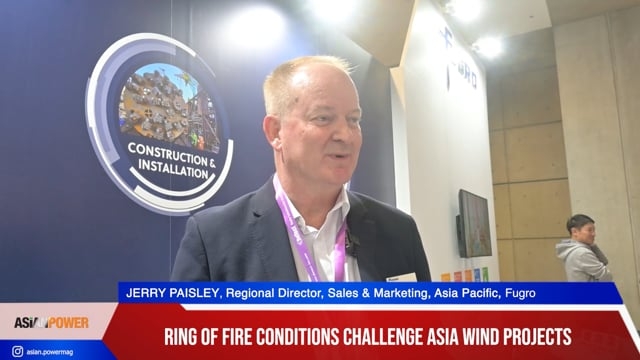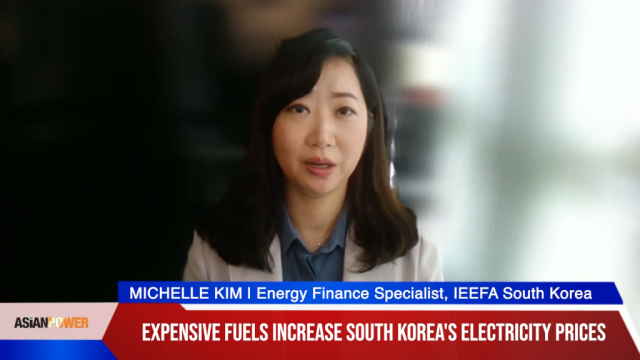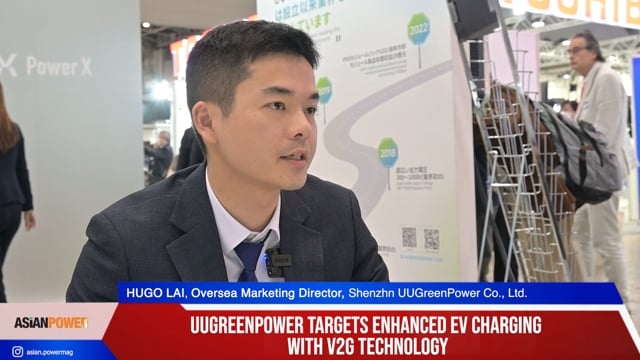
Australia to brace itself for headwinds amidst strict tax laws on gas projects
Growth could slow to 1% after 2020.
Stricter tax laws, alongside oil price uncertainty and tightening onshore drilling laws will pose considerable headwinds to new project investments in Australia, lending support to our view for the pace of oil and gas production growth to slow markedly beyond 2020, according to BMI Research.
With uncertainty in the medium-term outlook for global oil prices and tightening onshore drilling laws already challenging project prospects in Australia, an ongoing review of upstream regulations in the country will give potential investors more reasons to be wary.
In December 2016, Australia announced a review into the effectiveness of its petroleum resource rent tax (PRRT). The PRRT is a profit-based tax put in place since the 1980s that is imposed on petroleum projects that generate profits after recouping development costs.
Here's more from BMI Research:
However, a sizable drop-off in tax-related revenues since 2013 (largely due to weak global oil prices over the past three years hitting the profitability of projects), and reports of only about 5.0% of oil and gas projects in Australia paying any PRRT, have triggered a review to boost revenues and ensure firms' compliance to local tax obligations.
The PRRT review could mark the start of a review of the broader tax regime in the Australian upstream space, as the country seeks to toughen its oil and gas tax laws. In November 2016, an auditor-general report found that the joint-venture partners of Australia's largest petroleum project, the offshore North West Shelf venture, may have significantly underpaid royalties over 2014-2015 by taking ineligible tax deductions.
While it remains to be seen how or whether PRRT would be altered or enforced (an official announcement is expected by April 2017), recent government rhetoric suggests the government is prepared to adopt a more stringent stance towards oil and gas firms operating in the country, prioritizing compliance and protecting future revenue generation. A tax hike is also not out of the question.
The review is already generating cautious sentiment across the Australian upstream space, with the country's largest oil and gas producer Woodside Petroleum warning that any significant hike in taxes would drag on project economics and reduce Australia's competitiveness as a destination for oil and gas investment.
A potential hike would be a negative development for Australia, especially in the long-term, where we already forecast the pace of Australia's impressive oil and gas production to slow.
After growing at an average annual rate of 11.0% over the next three years, we expect growth to slow to 1.0% post-2020, due to a dearth of new projects scheduled to come online when the current wave of LNG mega-projects are operational.
A further three pre-FID projects (Browse, Scarborough and Greater Sunrise) are in the pipeline and have the potential to drive the next wave of LNG growth in Australia, though a stricter tax regime and regulatory environment could drag on investor sentiment and create risks.























 Advertise
Advertise







